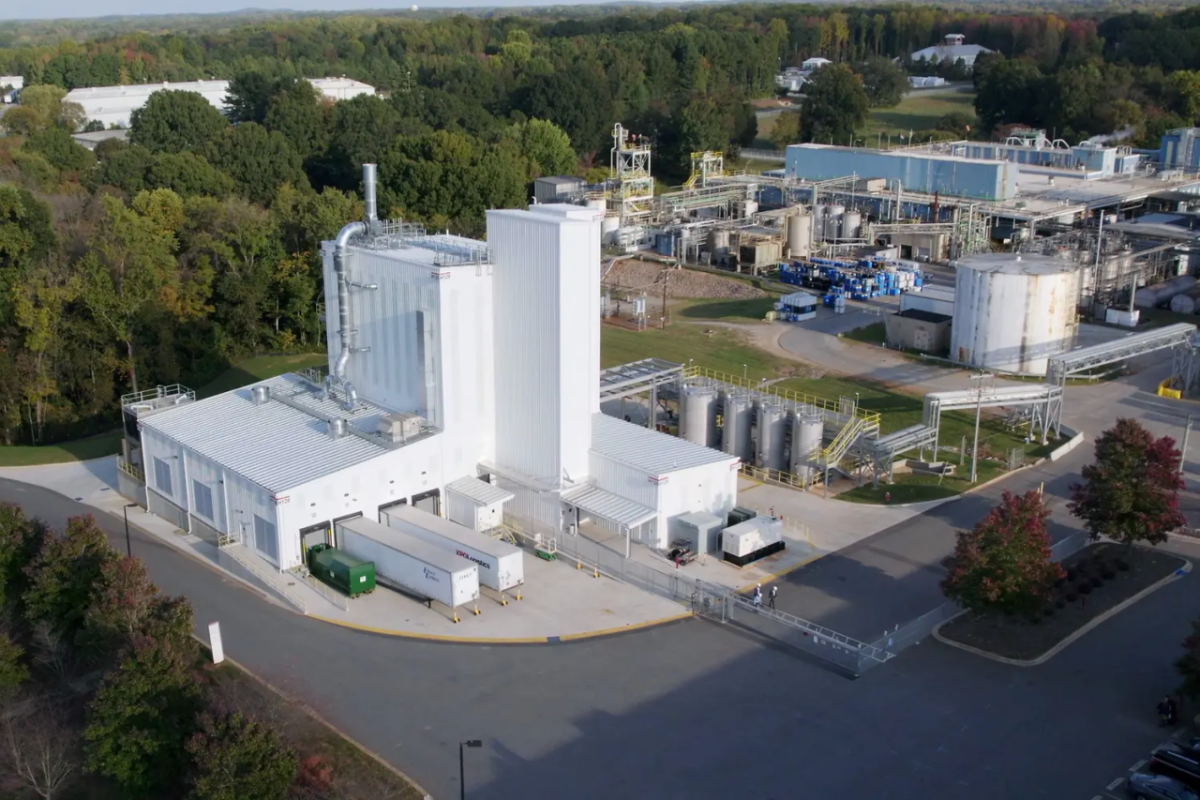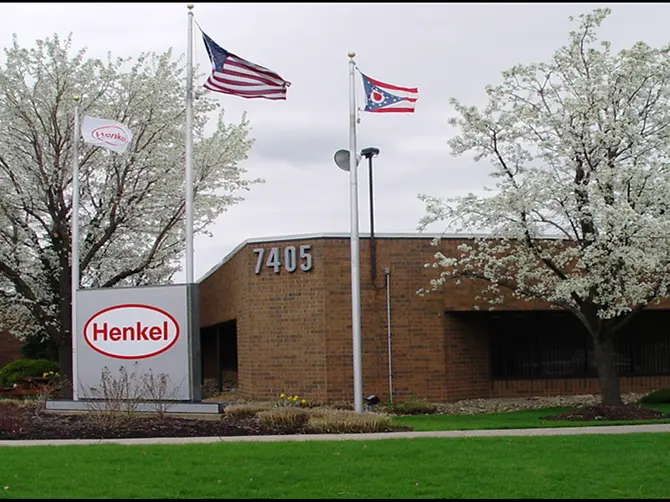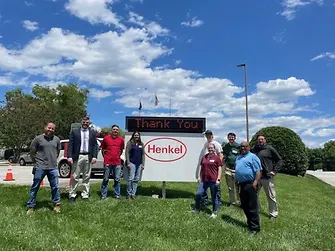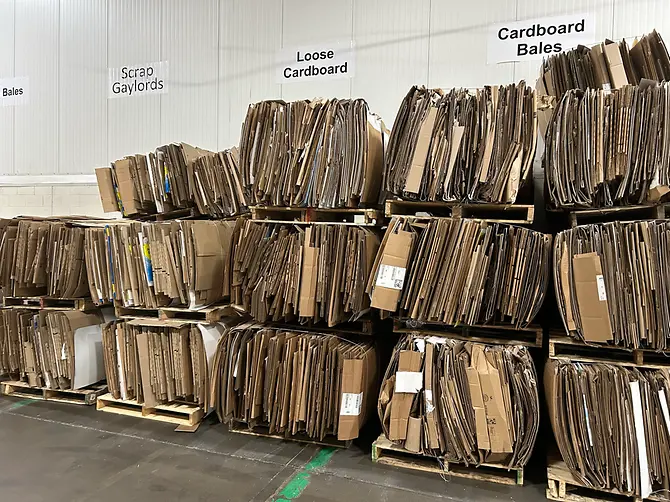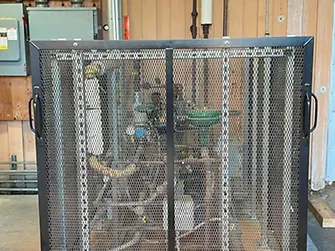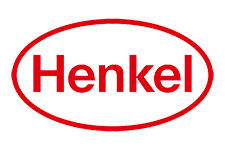Henkel Production Sites: On the Front Lines of Sustainability
World Environment Day 2025 – Sustainability in Operations
From adhesives to laundry detergents to hand soaps to hair care, Henkel products are heavyweights in terms of performance. But these days, they are manufactured with less impact on the environment, thanks to ongoing efforts from employees at production sites across North America.
"Our manufacturing sites are key to Henkel’s goal to become climate positive by 2040. Our teams work tirelessly to identify new ways to conserve natural resources. Our employees want to work for a company that walks the talk on sustainability, and they are a big part of making that happen."
Bjoern Jackisch, Henkel Adhesive Technologies Vice President of Operations & Supply Chain for the Americas region
In recognition of World Environment Day, celebrated annually on June 5, below are a handful of sustainability highlights from Henkel’s front lines.
Greenville, South Carolina
As part of Henkel’s NoWa (No Waste) initiative, the adhesives plant in Greenville, South Carolina, is saving 30,000 gallons of water and 56 tons of waste every year. Key to this success was the team’s approach using brainstorming and “waste walk” sessions eventually leading to process changes allowing for reuse of water for between-batch kettle cleans and the purges that occur when packaging begins. Additionally, the facility is transitioning to LED lighting and is using energy usage sensors, making Greenville a more energy efficient operation.
Salisbury, North Carolina
After taking a fresh look at water used in production, Henkel’s Salisbury adhesives plant updated processes to allow multiple use of caustic waste from cleanouts. Other conservation measures include eliminating flushes for compatible products, transitioning to larger mixers to reduce changeovers, and standardizing cleanouts.
Mentor, Ohio
The Mentor adhesives facility leveraged Renewable Gas Certificates (RGCs) to achieve full carbon neutrality, the first production facility in North America to reach this milestone. Organizations can purchase RGCs from renewable gas suppliers to offset the carbon emissions associated with their natural gas consumption. The Mentor team is also actively striving to implement operational efficiencies and energy-saving projects to lower the plant’s carbon footprint.
Bowling Green, Kentucky
Outside-the-box thinking helped the Bowling Green consumer brands facility achieve a 33% reduction in solid waste and significant cost savings. Previously, the plant paid to have cardboard waste recycled. Today, Bowling Green’s cardboard supplier buys back the plant’s scrap cardboard and uses it to recreate new cardboard that is resupplied to the plant.
Bay Point, California
Henkel’s Bay Point aerospace adhesive manufacturing plant significantly reduced water waste by replacing three outdated steam injection water heaters, which discharge water after one use, with efficient closed-loop systems, which recirculate water. Outside the facility, the Bay Point team replaced traditional green landscaping with drought-resistant plants and a drip irrigation system to save over 450,000 gallons of water annually and reduce maintenance costs.
Read more about Henkel North America’s efficient use of water at our North America operations facilities: Driving Sustainable Water Use in Operations
As these examples demonstrate, the teams at our production sites continue to bring Henkel’s spirit of innovation to resource conservation. Their willingness to challenge the status quo has made our site employees true pioneers in waste reduction.

